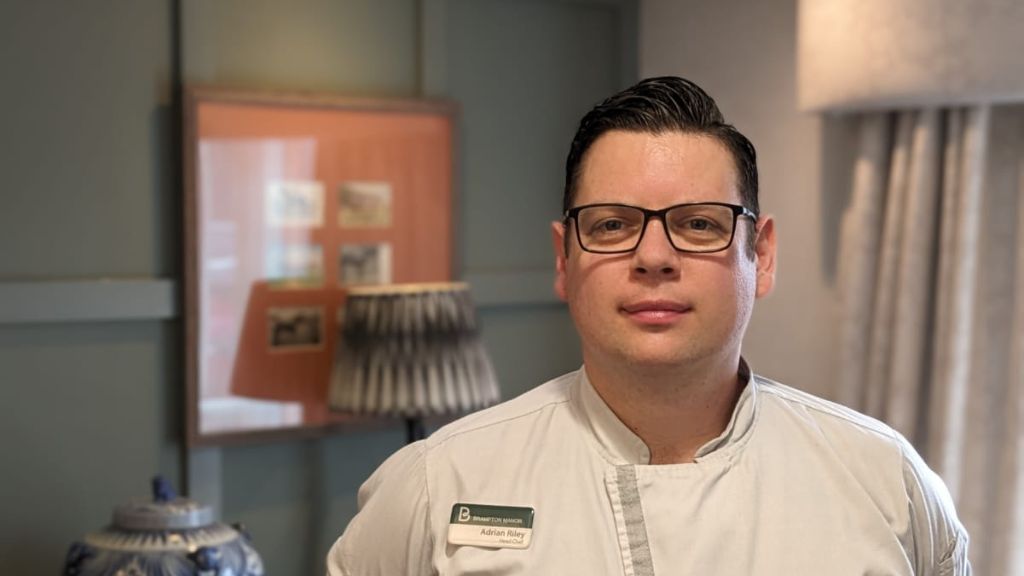Flexible working is key to care women’s success

Marking International Women’s Day (8 March), Louise Barnett, managing director of Renaissance Care, says the juggling act of being a professional woman is complicated, but flexible working is the key to success
For women, life is a balancing act. You’re constantly walking along a tightrope, juggling professional responsibilities on par with male counterparts, all while carrying a substantial burden of duties at home. This presents a complex challenge requiring inventive solutions. Recognising and rectifying entrenched gendered working practices is imperative to cultivate a work environment that is both fair and supportive.
As we celebrate International Women’s Day, I reflect on my journey from a night shift nurse to managing director and the pivotal role supportive workplaces played in my journey. Highlighting how crucial it is to change the way we work to support and uplift women, ensuring they thrive not just in their careers but also in their personal lives.
My journey would not have been possible without the understanding and support of my employers, who often worked with me to create flexible – or what was considered flexible at the time – ways of working that suited my family situation. These people helped me find the balance between raising five children and sustained professional development: no easy feat.
I began working in the private care sector 23 years ago, after struggling with the complete lack of flexibility offered by the public health care system. I was working as a nurse and raising four young children at the time. There was a complete lack of understanding of women’s needs in the workplace, forcing many women to change careers or step out of the workforce entirely. My initial experience, while better than the public sector, highlighted the need for adaptable and family-friendly working arrangements.
Originally, I covered two nights a week in a care home near our family home. While better than what was offered in the public health sector, the most flexibility open to me at that time was working split night shifts to give me an opportunity to get some rest between work and looking after my family.
Looking back, I struggle to see how I managed it all. I remember being tired, stressed and experiencing an overwhelming feeling that I just couldn’t do right by anything.
It took years of hard work and dedication to rise through the ranks – moving up from a night nurse, to care home manager, right through to managing director at Renaissance Care, where I began working five years ago. Throughout my journey, I’ve had the pleasure of working with an incredibly talented and supportive group of women, who have inspired me endlessly. However, that’s not to say my career journey didn’t come without challenges, and I often wonder, would it have been easier if I had been a man?
Established working practices are set up to benefit men, who traditionally didn’t go home to mounting chores and a house full of children they were solely in charge of looking after. But, as women have made the transition into the workplace, we have too often been left with the dual responsibility of home and work.
We are at a crucial point of change, especially in social care, as we look to redefine what a working day looks like. Despite changes in the last decade, care is still a predominantly female-focused industry. At Renaissance Care, we are proud to put our staff’s needs at the core of our working practices.
One thing that always sticks with me is how I was treated after I had my fifth baby. He was unwell and required a liver transplant at only eight months old. I think anyone can imagine how stressful that is on its own. However, dealing with that along with four other young children and working full time amplified that stress tenfold.
My manager at the time was incredibly understanding and gave me the flexibility to look after my family as needed. It left me feeling so valued and validated – it was a level of support that I don’t think was commonplace in the industry at the time. I don’t know how I would have got by without it.
Across the board, I think we all expect flexible working practices as standard now. This includes the care sector – we must be just as adaptable and forward-thinking as other industries. Renaissance Care has made massive steps in recent years to redesign our working practices to best suit our care workers, including introducing flexible working practices, redesigning staff rooms to suit workers’ needs and becoming a period- and menopause-friendly workplace.
My journey emphasises the transformative power of supportive workplaces and the progress made by Renaissance Care is a testament to the positive changes occurring in the care sector. As we celebrate International Women’s Day, it’s not only a moment of reflection but a call to action. The ongoing commitment to fostering environments that empower women in their careers and personal lives is not just a choice but a responsibility for a more equitable and progressive future.



